Not only did the Pearl Harbor attack of December 7th, 1941 deal a devastating blow to the United States’ Navy and draw the nation into World War II, but it also gave the Japanese Imperial Navy some six months to further their control of the Pacific without U.S. interference. This was, of course, the plan.
Admiral Isoroku Yamamoto was the architect of the Pearl Harbor pre-emptive assault. So when U.S. Naval Intelligence initiative code-named “Magic” intercepted communications that Yamamoto would be doing an inspection tour of his forces on the Solomon Islands, the U.S. seized the opportunity for vengeance.
“Get Yamamoto,” commanded President Franklin D. Roosevelt. Operation Vengeance was a go.
Magic had long since broken the cipher of the Japanese navy, JN-25D, which had reaped a lot of disaster upon their fight in the Pacific. This was through the efforts of Navy cryptographers and Japanese-Americans translating the complicated and very context-based language.
On April 14, 1943, messages detailing Yamamoto’s tour of the Solomon Islands were intercepted.
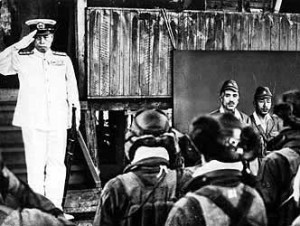
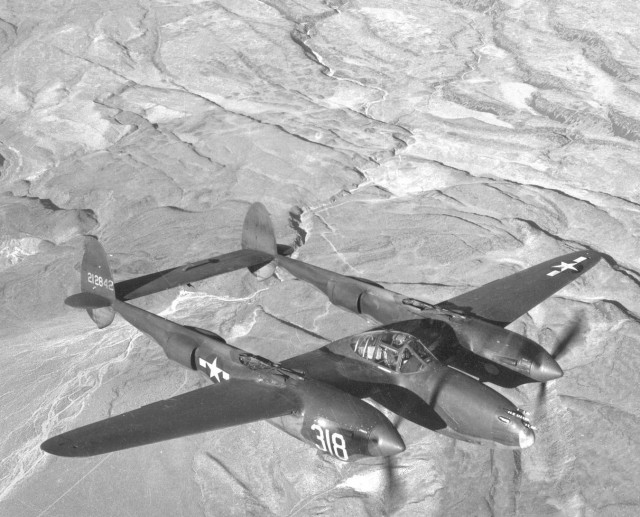
The mission would have to be flown in radio silence, to avoid detection. Major John W. Mitchell, therefore, requested that each plane was outfitted with a ship’s compass to navigate. At 7:25 in the morning on April 18, the Lightnings took off for two hours of silent flight, 50 feet above the waves to avoid radar detection.
Two of 18 did not go on the mission; on take-off, McLanahan caught a tire on runway matting and Moore had fuel transfer problems and another lightning turned back due to engine problems.
Odd as it may sound, the man they were going to shoot down was one of Japan’s most outspoken opponents of war with the U.S.
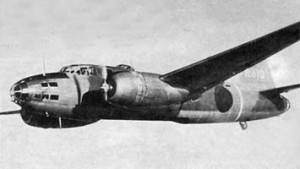
Yamamoto had also warned the Japanese government that war with the U.S. could only be successful for six months to a year before the tides turned, but he was given no choice, the Japanese Emperor had instructed him to plan the mission.
He planned the Pearl Harbor attack to bide time for Japan to wrest control of the Pacific before drawing the U.S. Navy into a decisive battle that would force them to negotiate for peace.
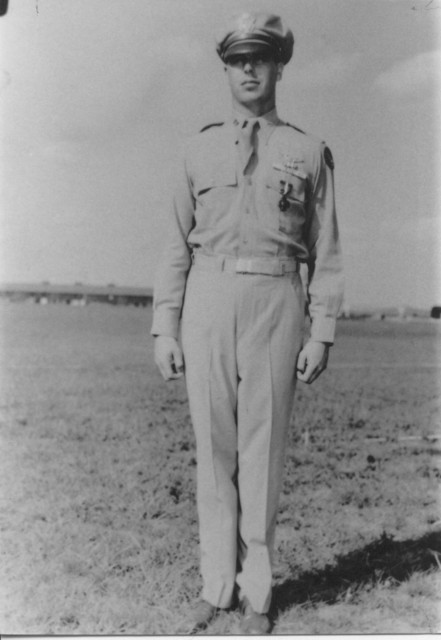
At the time Operation Vengeance was set in motion, Yamamoto had been trying, and slowly failing to control the Solomon Islands. After landing troops on Guadalcanal, he was met by US forces landing in August 1942 in what would be a long and very costly battle, ending in a U.S. victory in February the next year. Thus, in April 1943, the inspection tour of forces on the Solomon Islands was planned to invoke a very much needed morale boost.
At 9:34 a.m. on April 18th, after two hours of navigating by flight plan and, as Mitchell puts it, “dead reckoning,” the 18 P-38Gs spotted Yamamoto’s transport and escorts. The planes jettisoned their extra fuel tanks and tore into a power climb to engage the enemy.
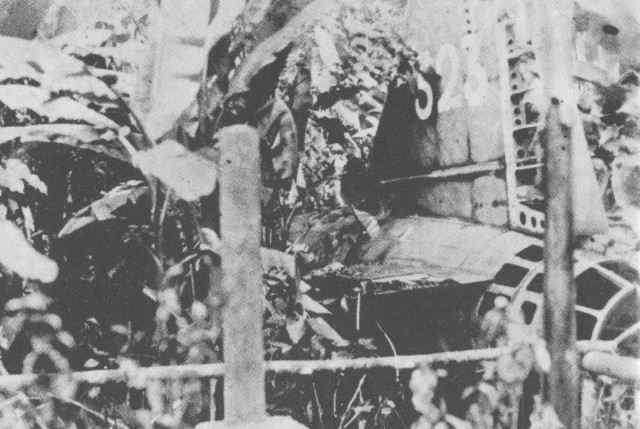
Holmes’ auxiliary fuel tanks didn’t detach, and he had to draw back. Lanphier turned to engage the escort Zero fighters diving to defend Yamamoto and his staff while Barber chased down the bombers. As Barber came around, he fired his .50-caliber machine guns into the right engine, fuselage, and tail assembly of the bomber Yamamoto was flying in, which crashed into the jungle. Barber also hit the second bomber, which crash-landed in the water. Chief of Staff Vice Admiral Matome Ugaki and two others in the second bomber survived.
According to the search and rescue party who found Yamamoto, his body had been thrown from the plane, still in his seat, his hand on his katana and two bullet holes in his shoulder and head.
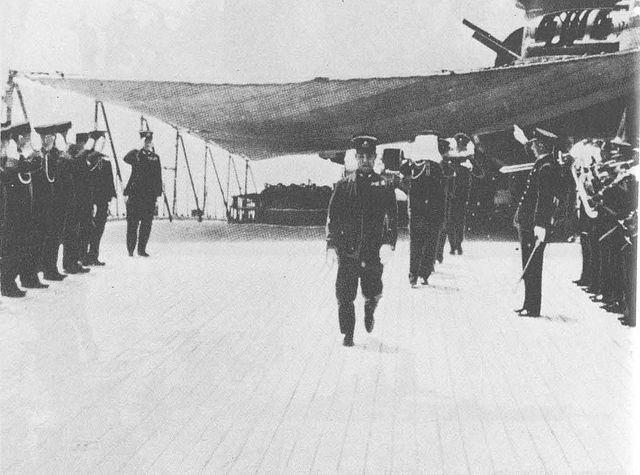
Forensic evidence of bullet trajectory in the wreckage of Yamamoto’s downed bomber concur with Barber’s account.




Two of 18 did not go on the mission; on take-off, McLanahan caught a tire on runway matting and Moore had fuel transfer problems.
ReplyDeleteNicely done, and yes, Barber GOT the credit he finally deserved, all those years later... sigh
ReplyDeleteInterestingly, I was once a member of the 339th and did not know that they had been involved. Nothing in the squadron building to reference this. Sad might have been a better word. The squadron was inactivated while I was there and reformed as the 69th. General Creech was said to have been disturbed by the fact that the wing was composed of the 68th, 70th and 339th and ordered it to be corrected.
ReplyDeleteThat was a great post Mr. Garbaldi!
ReplyDelete